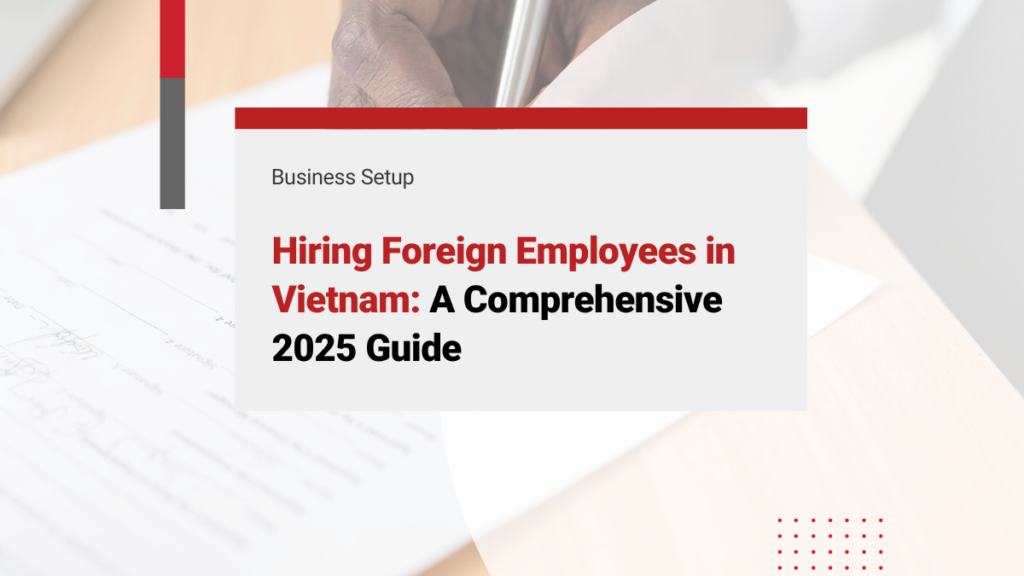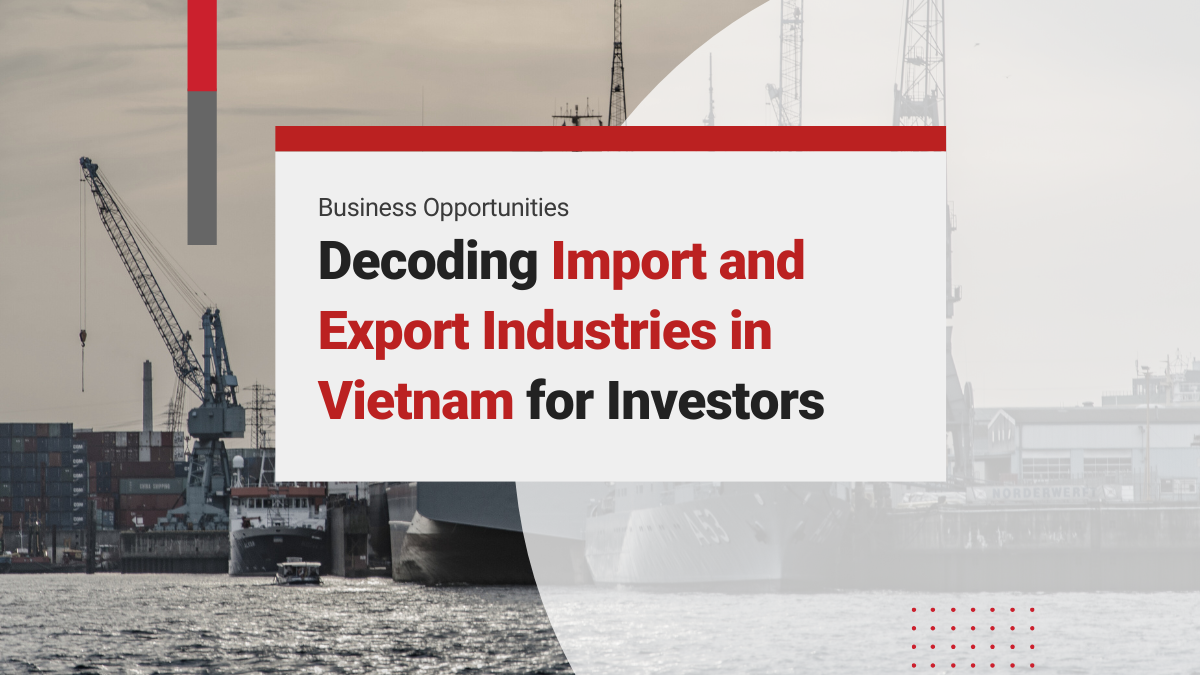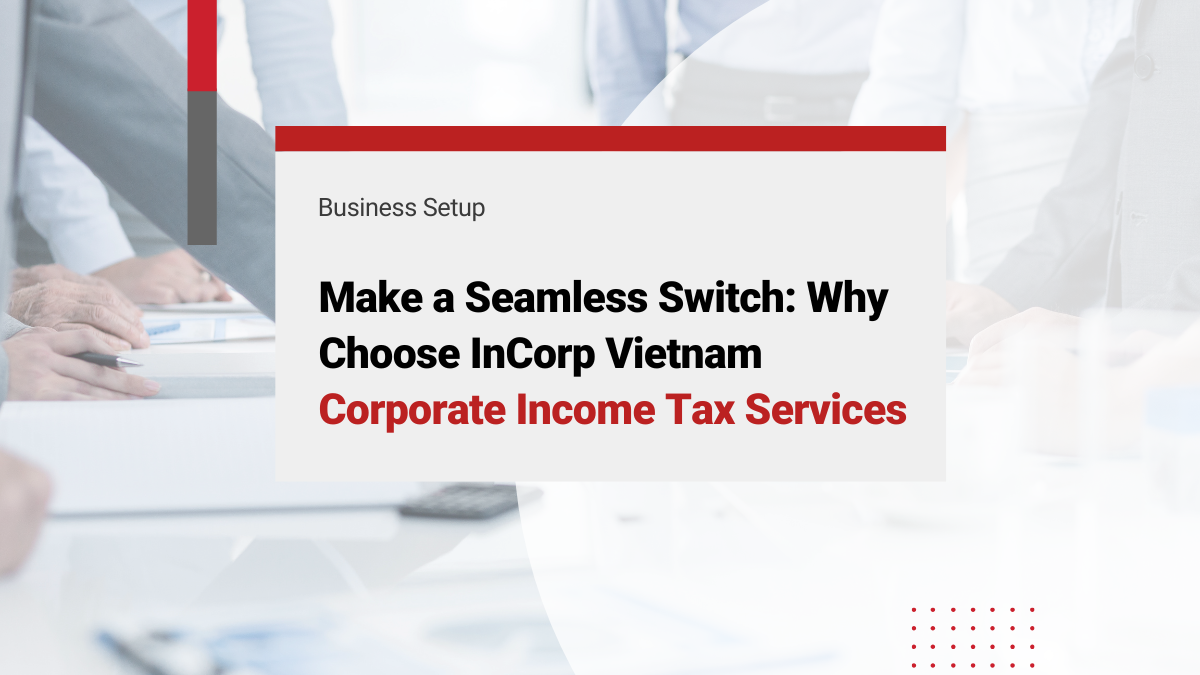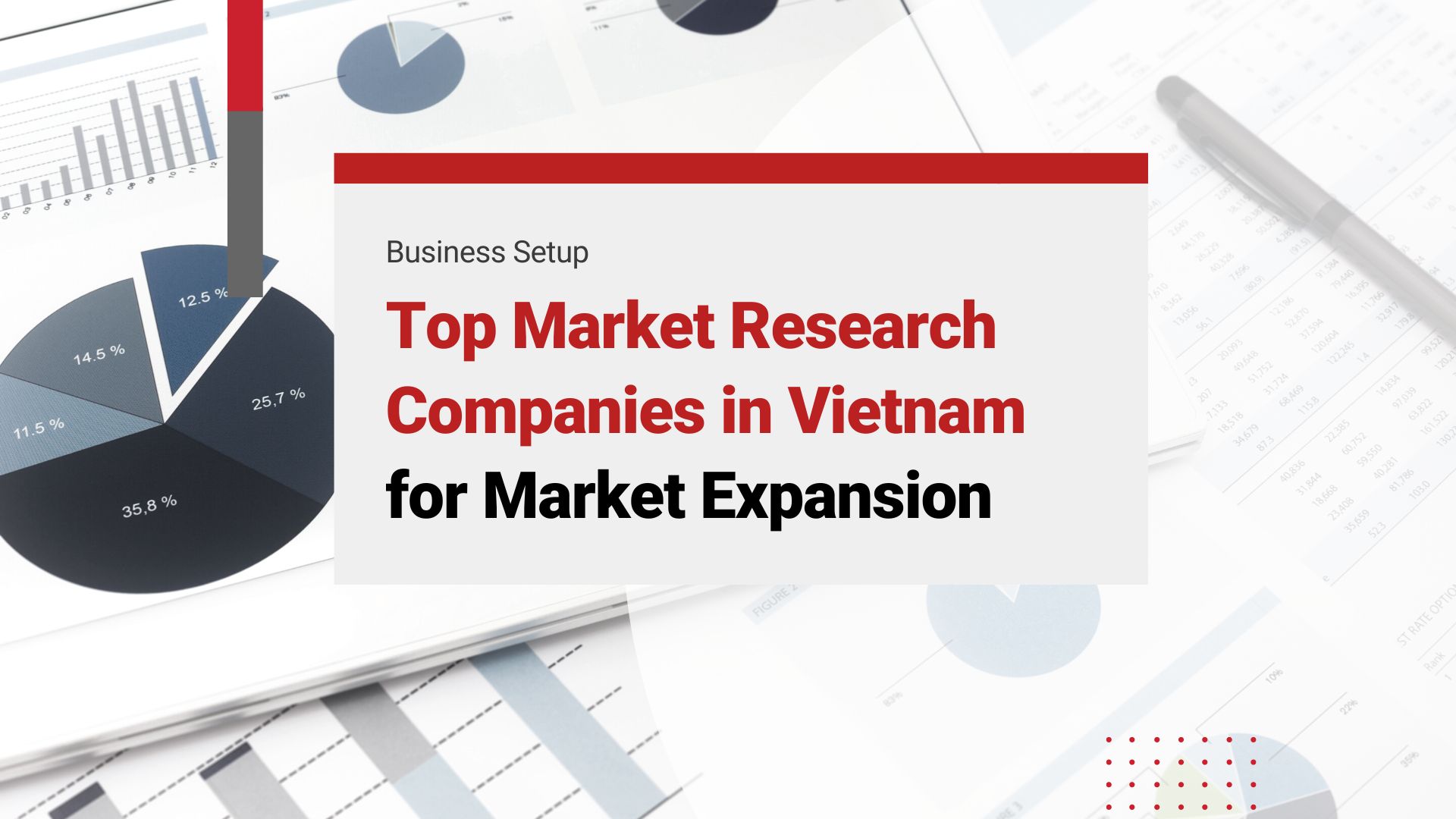Vietnam’s dynamic economy continues to attract businesses seeking skilled international talent, with 161,992 foreign employees currently employed across the country as of 2024. As the nation advances toward becoming a high-income economy by 2045, understanding the intricacies of hiring foreign employees has become crucial for companies looking to expand their operations in this Southeast Asian hub.
Vietnam’s Growing Foreign Workforce Landscape
The foreign workforce in Vietnam represents a diverse talent pool from 110 countries worldwide, with the majority coming from China, South Korea, Taiwan, and Japan. Of these employees, 149,195 require work permits while 12,797 are exempt from this requirement. This significant presence of international talent reflects Vietnam’s position as an increasingly attractive destination for global businesses.
Vietnam’s labor market shows remarkable strength, with total employment reaching 51.9 million people in 2024. The country’s labor force participation rate stands at 68.9 percent, with 28.3 percent of employees holding training certificates. These statistics underscore the competitive nature of Vietnam’s job market and the strategic importance of accessing international expertise.
Read More: Characteristics of Vietnam’s Workforce 2025: Job Market & Advice
Key Requirements for Hiring Foreign Employees
Hiring foreign employees in Vietnam requires both employers and employees to meet rigorous criteria set by law. These standards ensure that foreign employees possess the relevant qualifications, professional experience, and meet all health and legal requirements. Understanding these requirements is essential for a compliant and efficient hiring process, especially as Vietnamese authorities continue to refine and update labor regulations for 2025 and beyond.
Essential Qualifications and Experience
Foreign employees must fit into clearly defined professional categories, each with specific qualifications and experience requirements:
For foreign experts:
- Bachelor’s degree or higher plus at least 3 years of relevant experience, OR
- Minimum 5 years of experience with relevant practice certificates
For technical employees:
- At least 1 year of technical training and at least 3 years of field experience, OR
- Minimum 5 years of relevant work experience
For managers and executives:
- Documentation of at least 5 years of experience relevant to the position is required
The recent 2025 draft decree introduces more flexibility, allowing university graduates to work in priority sectors such as finance, science, technology, innovation, and digital transformation without prior experience requirements. This change reflects Vietnam’s commitment to attracting high-skilled talent in emerging industries.
Health and Background Requirements
To work legally in Vietnam, foreign employees must also meet strict health and background criteria:
- Age requirement: Minimum 18 years old with full legal capacity
- Health certification: Valid medical certificate issued within 12 months
- Criminal background: Clean criminal record from both home country and Vietnam
- Legal status: No pending criminal prosecutions or unresolved legal issues
Additional Application Requirements
Foreign employees also need to submit various supporting documents as part of the work permit process:
- Valid passport and visa
- Photographs (4×6 cm, white background)
- Proof of qualifications and/or professional certificates
- Written employer request for approval to recruit foreign labor (unless exempt)
- All foreign documents must be legalized, notarized, and translated into Vietnamese.
These detailed requirements ensure that Vietnam can benefit from skilled international talent while maintaining a regulated and competitive job market. Employers and prospective foreign employees should stay up-to-date with the latest legal changes and always prepare documentation well in advance for a smooth hiring process.
Work Permit Application Process and Timeline
Securing a work permit for foreign employees in Vietnam is a regulated process that ensures compliance with national labor laws while protecting local workforce interests. Employers and foreign applicants must understand this multi-step framework, as well as forthcoming regulatory changes in 2025 that will significantly streamline and decentralize the process. Navigating these requirements is crucial for ensuring a smooth hiring and onboarding experience.
Read More: Work Permit in Vietnam: Requirements, Procedures & Services
Current Processing Framework
Before a foreign employee can begin work in Vietnam, both employers and employees must undergo a structured two-step process:
Step 1: Employer approval (15 days)
- Employers must submit a written explanation of foreign labor demand
- Post recruitment notice for Vietnamese employees for at least 15 days
- Demonstrate inability to find qualified local candidates
Step 2: Work permit application (5 working days)
- Submit complete documentation package
- Process takes 5 working days once all requirements are met
- Total timeline currently averages 36 days
Average timeline: When combining both steps and accounting for preparation and administrative processing, the total duration averages 36 days from start to finish for each work permit application.
Streamlined Process Coming in 2025
Starting July 1, 2025, the Vietnamese government will enact significant reforms to optimize the permitting process:
- Consolidated application steps: The separation between labor demand approval and permit application will be removed, allowing employers to submit a single application package. This major change aims to cut the total processing timeline down to 10 days.
- Decentralization of authority: The authority for reviewing and issuing work permits will shift from central ministries to local governments. Specifically, the Chairpersons of the Provincial People’s Committees will handle approvals, granting, extensions, and revocations of work permits within their jurisdictions.
- Improved efficiency: This decentralization is designed to lower administrative barriers, reduce wait times, and provide businesses with faster and more responsive local support.
- Regulatory basis: These changes are stipulated in Decree No. 128/2025/ND-CP, which governs the decentralization of state management in home affairs, replacing prior requirements linked to central oversight.
Required Documentation
For both current and updated processes, the following key documents are generally required:
- Employer’s written request to hire foreign labor, including job postings and recruitment outcome
- Health certificate (valid within the last 12 months)
- Criminal record check (issued within the last 6 months)
- Proof of qualifications (degrees, certificates, experience)
- Recent passport-sized photos
- Valid passport and visa copies
- Consular legalization and notarized translations for applicable foreign-issued documents
Cost Analysis of Hiring Foreign Employees
Understanding the total cost of hiring foreign employees in Vietnam is crucial for international businesses planning their expansion or workforce management. This analysis breaks down expenses into work permit processing fees, additional recruitment and documentation costs, salary benchmarks, regional differences in pay, and mandatory social insurance contributions.
Knowing these components allows companies to budget accurately, ensure compliance, and structure competitive compensation packages for top foreign talent.
Work Permit and Processing Fees
The financial investment for hiring foreign employees includes several components:
Work permit fees:
- Companies employing fewer than 10 expats: 30-45 million VND
- Companies employing 10 or more expats: 45-75 million VND
Official state fees: Provincial and municipal governments typically charge 400,000–600,000 VND for the work permit itself, with some variation by locality.
Additional processing costs:
- Consular legalization: $10 USD per stamp (service agency fees may be higher)
- Health examination (required): 1–4 million VND
- Criminal record check: About 200,000 VND
- Document translation and notarization: Costs vary by provider
These costs do not include potential agency or legal service fees for professional representation during the application process.
Salary Expectations and Regional Variations
In 2025, the average monthly salary in Vietnam is approximately 14.9 million VND (about $600 USD). However, this is an aggregate figure – real costs vary significantly depending on job role and region.
High-demand sectors:
- HR Manager: $1,900-$2,800 monthly
- Finance Manager: $2,100-$3,000 monthly
- Operations Manager: $2,500-$4,000 monthly
Regional minimum wage structure:
- Region 1 (Hanoi, Ho Chi Minh City): 4,960,000 VND
- Region 2: 4,410,000 VND
- Region 3: 3,860,000 VND
- Region 4: 3,450,000 VND
These figures represent minimum statutory wages. Salaries for skilled expatriates are higher, especially in digital, technology, and management roles, and in major cities where competition for talent is strong.
Read More: How Vietnam Labor Costs Attracts Foreign Companies?
Mandatory Insurance and Benefits
All foreign employees working under labor contracts are subject to Vietnam’s compulsory social insurance contributions, effective from July 2025:
Employee contributions (9.5% of salary):
- Retirement and survivorship fund: 8%
- Health insurance: 1.5%
Employer contributions (20.5% of salary):
- Retirement and survivorship fund: 14%
- Sickness and maternity fund: 3%
- Work injury and occupational disease fund: 0.5%
- Health insurance: 3% (in some cases)
Note: Unemployment insurance is not mandatory for foreign employees, but all other contributions apply on gross contracted salary up to 20 times the statutory minimum wage.
Other Personnel Costs
- Recruitment and onboarding: Partnering with professional recruitment agencies or investing in in-house hiring teams adds to overall cost but can ensure compliance and better access to high-quality candidates.
- Annual increases and bonuses: Salaries in Vietnam’s competitive sectors are rising by 5–10% annually, and many employers offer generous bonuses – up to 33% of annual salary in some industries – to retain foreign talent.

Strategic Advantages of Vietnam’s Labor Market
Vietnam has become a powerful magnet for international businesses and foreign talent thanks to its robust economy, digital transformation initiatives, competitive labor costs, and expanding infrastructure. Companies looking to expand or invest in the region are finding that Vietnam offers a unique combination of fast economic growth, a skilled and affordable workforce, and strong government support for technology and innovation.
This section explores the critical strengths underlying Vietnam’s attractiveness as a destination for hiring foreign employees and building regional headquarters.
Economic Growth and Stability
Vietnam continues to demonstrate economic resilience and dynamic expansion. In the first half of 2025, the country achieved GDP growth of 7.52%, the highest rate for the same period since 2011. Growth has been bolstered by:
- A thriving manufacturing sector, which processed and exported robust volumes despite global trade disruption.
- Rising consumer demand and retail sales, boosting domestic business activity.
- Foreign direct investment (FDI) soaring to $21.51 billion in the first half of 2025, a 32.6% year-on-year increase.
- Continuous political stability and a transparent, business-friendly environment, which have bolstered investor confidence and reinforced Vietnam’s status as a safe and predictable destination for multinational enterprises.
Skilled Workforce and Digital Transformation
Digitalization has emerged as a national priority, transforming Vietnam into an emerging hub for technology and specialized skill sets:
- The information and communications technology (ICT) sector is projected to generate $169.3 billion in revenue by 2025, a growth of 11.4% year-on-year.
- There is mounting demand for expertise in artificial intelligence, cybersecurity, software development, and other digital fields.
- Government initiatives are actively supporting technology adoption and promoting innovation across both public and private sectors, enhancing opportunities for both local and foreign talent.
- Over 54,000 digital technology enterprises now operate in Vietnam, reflecting the country’s rapidly increasing domestic capacity and employment opportunities for skilled professionals.
Cost-Effective Operations
Vietnam offers competitive advantages for international businesses:
- Labor costs in Vietnam are approximately 30–50% lower than regional competitors such as China, Singapore, Malaysia, and Thailand, while maintaining a strong productivity-to-wage ratio. For example, the average gross annual minimum wage in Vietnam is about $1,591, compared to $4,348 in Malaysia and $3,733 in Thailand.
- The strategic location provides businesses easy access to the rapidly growing ASEAN market, and the country is increasingly integrated into key global trade networks.
- Continuous improvements in infrastructure – including transportation, logistics, and digital networks – reflect an almost 40% increase in public investment to $36 billion for 2025, with a focus on highways, ports, railways, electricity, and airport capacity.
- The workforce demonstrates strong English proficiency in key sectors, facilitating cross-border collaborations and smooth integration of foreign professionals.
Read More: Labor Cost in Vietnam in 2025: A Comprehensive Guide for Investors and Employers
Sector-Specific Hiring Trends for 2025
As Vietnam’s economy accelerates into a new era of digitalization and global integration, sector-specific hiring trends are reshaping the job market for 2025. Businesses are intensifying their search for skilled professionals in technology, manufacturing, and financial services. This targeted hiring surge responds to both ongoing industry transformations and the country’s ambitious economic strategies, driving fierce competition for top talent and creating distinctive opportunities across key sectors.
Technology and Innovation
Vietnam’s technology sector is at the forefront of hiring demand in 2025. Driven by rapid digital transformation and global investment, the sector requires an estimated 350,000 IT employees – yet the current talent pool fills only about 70% of this need, resulting in a persistent and significant skills gap.
Priority areas for recruitment:
- Artificial intelligence and machine learning
- Blockchain and cryptocurrency
- Digital transformation specialists
- Cybersecurity experts
Fact: Despite a temporary 2% dip in demand for IT staff in early 2025, overall IT hiring is still projected to expand, in line with intensified digitalization trends and ongoing tech advancements.
Manufacturing and Industrial
Manufacturing remains the backbone of Vietnam’s job market, evolving rapidly due to new technologies and inflows of foreign investment. In Q2 of 2025, an impressive 68% of manufacturing companies planned to increase their workforce – the highest hiring rate among major sectors.
Key hiring highlights:
- Focus on electronics, textiles, and automotive sectors
- Growing demand for technical specialists and production managers
- Emphasis on automation and Industry 4.0 technologies
Financial Services and Banking
The financial sector is experiencing steady growth, propelled by ongoing digitalization and the rise of new fintech solutions. Recruitment in banking, finance, and insurance is forecast to increase by around 3% in 2025, with major expansion in digital services.
Sector-specific developments:
- Digital banking and fintech expansion
- Risk management and compliance roles
- Investment and wealth management opportunities
- Cryptocurrency and blockchain integration
Summary table: Sector-specific top hiring trends in 2025
| Sector | Leading Roles In Demand | Hiring Highlights | Key Trends |
| Technology & IT | AI engineers, Cybersecurity, Blockchain devs | 350,000 employees required, gap remains at ~30% | Digital skills gap, rapid digitalization |
| Manufacturing | Automation engineers, Managers, Technicians | 68% companies recruiting, esp. electronics & auto | Industry 4.0, shift to skilled positions |
| Financial Services | Digital banking, Compliance, Fintech experts | 3% hiring growth, blockchain integration | Fintech expansion, regulatory compliance |
Compliance and Legal Considerations
With ongoing reforms targeting Vietnam’s labor market, compliance has taken center stage in the employment of foreign professionals. Recent regulatory changes have introduced heightened oversight, more robust documentation protocols, and streamlined processes – all requiring employers to adopt best practices for legal and procedural alignment.
Understanding these developments and planning proactively is crucial as the evolving legal environment shapes both day-to-day operations and future workforce strategies.
Recent Regulatory Changes
The Vietnamese government has strengthened legal oversight for foreign employees, aiming to support both economic modernization and global competitiveness:
- Enhanced foreign employees management under new Home Affairs Ministry oversight
- Stricter documentation requirements for work permit applications
- Improved transparency in recruitment processes
- Expanded exemption categories for certain professional roles
Best Practices for Employers
For full compliance and risk mitigation, employers should:
- Early planning and preparation: Initiate the work permit or exemption process at least 2–3 months before the employment start date to allow for document preparation, legalization, and regulatory review.
- Legalize and translate all documents: Ensure that degrees, work experience certificates, and background checks are legalized in their country of issue, then translated and notarized in Vietnamese for submission.
- Maintain recruitment records: Keep detailed records of internal and external recruitment efforts – job postings, local applicant pools, interviews, and justifications for hiring foreign talent – to demonstrate good faith compliance with local labor priority policies.
- Professional support: Engage experienced legal counsel or HR services familiar with local workflows, evolving compliance requirements, and documentation standards. Utilize reliable networks for quick and accurate processing.
- Stay updated: Continuously monitor for regulatory changes, documentation updates, and deadlines, especially with multiple decrees taking effect throughout 2025 and ongoing shifts in exemption processes.
Future Outlook and Opportunities
Vietnam’s employment regulations are part of a broader national strategy to boost economic modernization, attract global investment, and nurture a resilient, future-ready labor market. As reforms accelerate, both employers and foreign professionals should align their strategies with emerging opportunities and long-term economic trends.
Market Projections
Vietnam’s foreign workforce is expected to grow significantly:
- Increased demand for specialized skills in emerging technologies
- Expansion of manufacturing and service sectors
- Growing focus on sustainability and green economy roles
- Enhanced regional integration within ASEAN framework
Strategic Recommendations
Vietnam’s dynamic legal landscape, combined with its surging demand for skilled professionals, offers tremendous potential for both employers and international employees. Strategic planning, compliance vigilance, and investment in talent development will be key advantages in this fast-evolving market.
For international companies:
- Develop long-term talent acquisition strategies
- Invest in local talent development alongside foreign recruitment
- Consider hybrid models combining local and international expertise
- Build strong relationships with Vietnamese educational institutions
For foreign professionals:
- Focus on high-demand sectors like technology, manufacturing, and finance
- Develop language skills and cultural competency
- Build networks within the Vietnamese business community
- Consider long-term career development opportunities
How InCorp Vietnam Can Help?
Vietnam stands out as a prime destination for hiring foreign employees, offering strong economic growth, a skilled and affordable workforce, and a government committed to streamlining regulations. As demand for international expertise continues to rise, companies that understand and adapt to the evolving legal landscape will capture significant opportunities and sustainable success in Vietnam’s dynamic market.
Navigating Vietnam’s employment regulations, work permit processes, and compliance standards can be overwhelming, especially as policies and requirements evolve rapidly. InCorp Vietnam offers expert support for businesses at every stage, ensuring you remain compliant and informed while focusing on growth:
- Comprehensive work permit and visa services
- End-to-end legal and HR compliance guidance
- Real-time updates on regulatory changes
- Tailored solutions for international hiring and onboarding
Let InCorp Vietnam handle the complexities, so your team can attract top global talent with confidence and peace of mind. Reach out today to unlock seamless hiring and expansion in Vietnam’s vibrant market.
Learn the Right Setup for Business
Expansion in the Vietnam
Frequently Asked Questions
How much does recruitment cost in Vietnam?
- Recruitment costs in Vietnam vary depending on the method used. Hiring through a recruitment agency typically costs 15%–25% of the candidate’s annual gross salary. In-house recruitment may have lower direct costs but involves internal resources and time. Additional expenses may include job advertising, background checks, and onboarding.
Is it easy for foreigners to get jobs in Vietnam?
- It can be relatively easy for foreigners to get jobs in Vietnam, especially in sectors with high demand such as education (English teaching), IT, engineering, and tourism. However, obtaining employment typically requires a job offer from a Vietnamese employer, a work permit, and meeting criteria such as relevant qualifications and experience. Fluency in English is often sufficient in many roles, especially in international firms, but knowledge of Vietnamese can be an advantage. Regulations and procedures for work permits are strictly enforced, so compliance is important.






